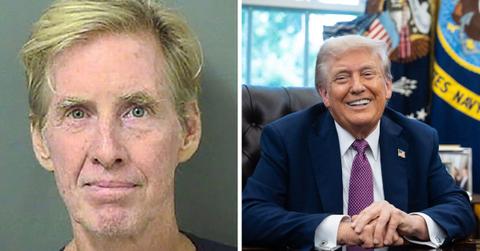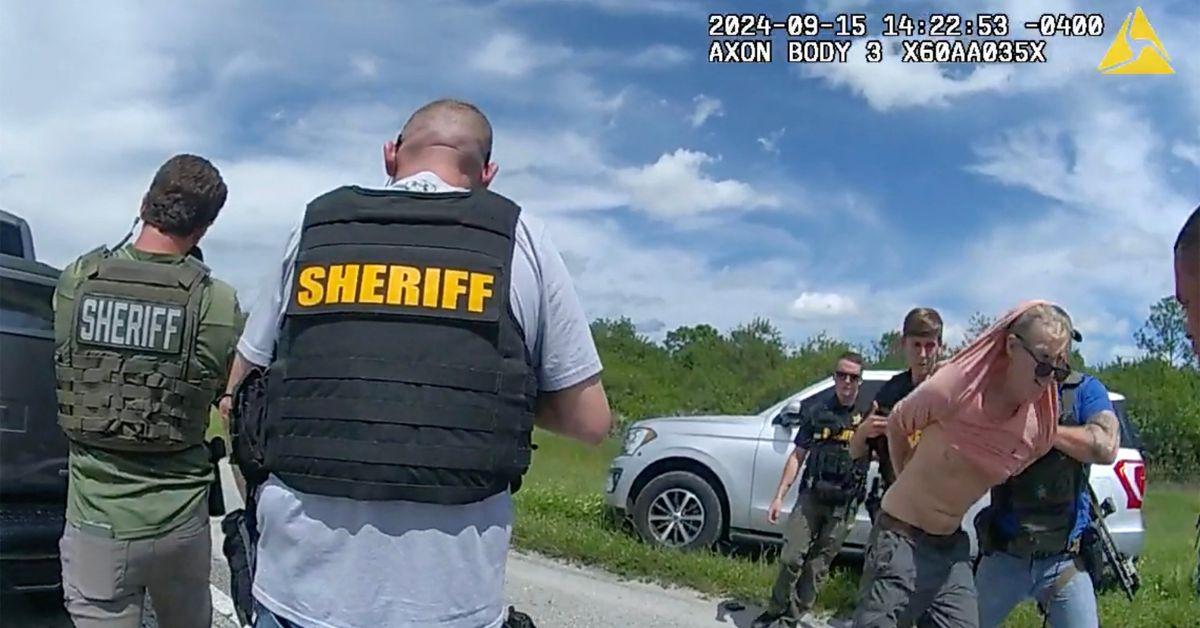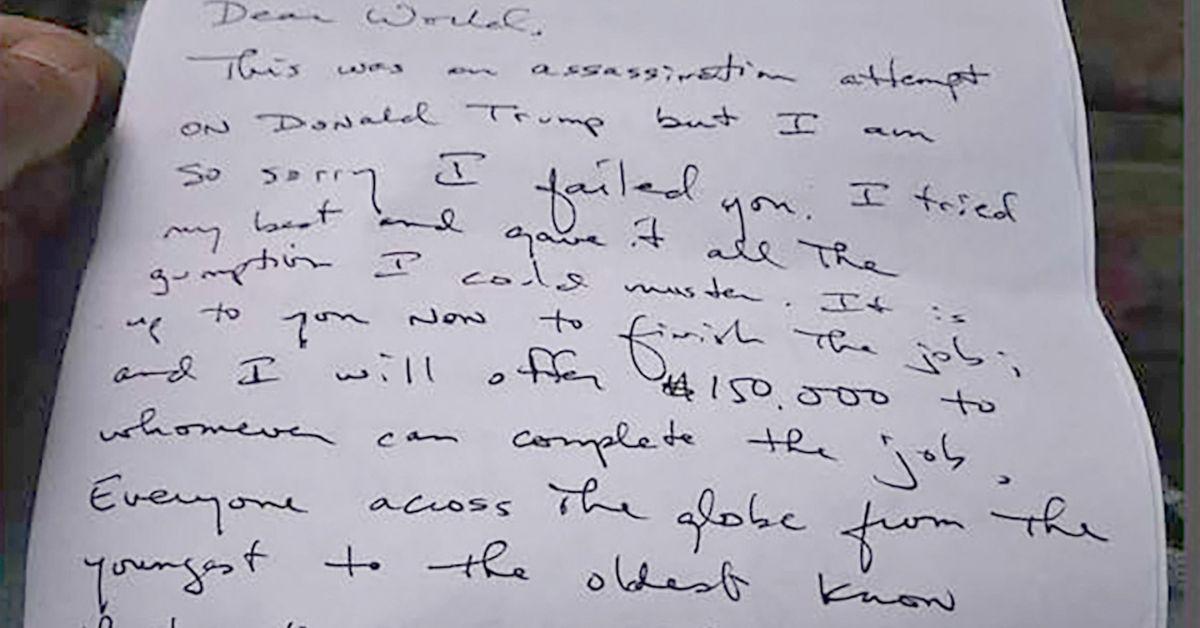Ryan Routh's Charges in Alleged President Trump Assassination Attempt, Explained
This is so much bigger than one individual, Ryan Routh, or President Trump, no matter which side you are on.
Published Sept. 8 2025, 1:45 p.m. ET

The phrase “American democracy” usually shows up in history books or patriotic speeches, not courtroom headlines. Yet when jury selection began in September 2025, those words hung heavy over the trial of Ryan Routh, the man accused of attempting to assassinate President Donald Trump.
At the time of the alleged plot in September of 2024, President Trump was a former president campaigning for a return to the White House. He has since won the election, making the case not just a legal showdown but a historic test of how the nation responds to threats against its leaders. Let's take a closer look at Ryan Routh's charges and what they mean.
Ryan Routh faces very serious charges.
According to the Department of Justice, Ryan was charged with attempted assassination of a major presidential candidate. He was also charged with possessing a firearm in furtherance of that crime of violence and being a felon in possession of a firearm and ammunition. The indictment also adds counts for assaulting a Secret Service agent with a deadly weapon and possessing a firearm with its serial number obliterated.
ABC News reported that prosecutors argue that Routh’s actions represented a deliberate attempt on President Trump’s life. Acting as his own defense, he is expected to challenge the government’s version of events, but the indictment lays out a stark narrative of intent and opportunity. The indictment suggests preparation, intent, and opportunity. It frames him as a man who didn’t just fantasize about harming President Trump; he tried to act on it.
This trial should matter to every American, and this is why.
The seriousness of attempted assassination charges cannot be overstated. They exist not only to protect individuals, but to uphold the democratic process itself. Leaders must be able to campaign, govern, and debate ideas without living under constant fear of political violence. This is so much bigger than one individual, Ryan Routh, or President Trump, no matter which side you are on.
President Trump was not just a candidate at the time of the alleged attempt; he was a former president seeking to return to office. That raised the stakes even higher, showing that the threat wasn’t only to a politician but to the office itself. The election was supposed to be decided by voters, not by violence. The case will argue the facts, but the broader story is about how democracy holds up under pressure.
Every time a candidate is threatened, the nation has to ask itself how far divisions will go, and whether institutions can withstand the strain. Political violence has no winners. Even if it fails, it leaves scars on institutions, on communities, and on public trust. Trials like this one remind the country that free speech, protest, and debate are the tools of democracy... not bullets.
Faith in democracy can feel fragile, and social media only heightens the noise by spreading division and misinformation. The Ryan Routh trial shows how quickly heated rhetoric can ignite into real-world danger. People are watching because of what’s truly at stake. This isn’t only about one man or feelings towards a president. It’s about whether the nation can confront threats to its leaders and prove that democracy is strong enough to survive.

